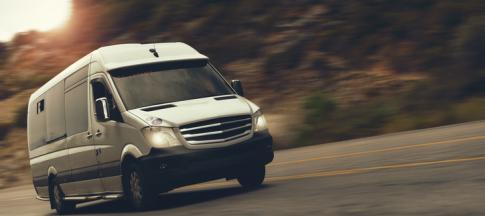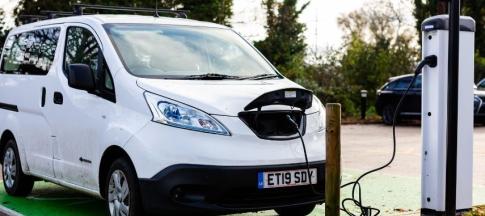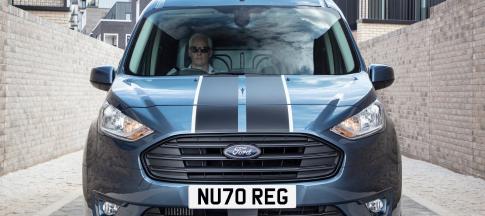In recent years you’d be forgiven for thinking diesel was the only option when considering how you’d like your new van to be powered.
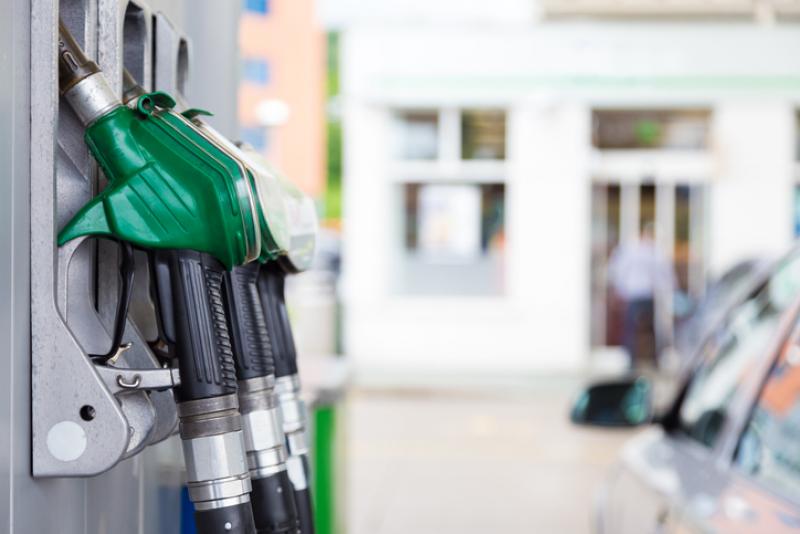
That’s no longer the case – there are a small number of options available now, but let’s also look at methods which may be available in the future together with any that seem to have drifted out of favour.
Diesel
It’s been the most popular choice for decades now, and this has led to many manufacturers often only offering vans which use diesel.
Pros
- It’s available everywhere
- Almost all vans are available in diesel form
- Modern engines can be very economical, leading to low running costs
- The latest legislation (Euro 6.2) demands low levels of CO2 and particulate emissions
Cons
- Despite advances, it’s still considered to be dirty
- Refuelling can be messy
- It’s a fossil fuel, so supplies are finite
- Low and zero emission zones in cities make it more difficult or costly to take a diesel engine vehicle into some areas
- Diesel particulate filters (DPFs) fitted to vehicles to comply with emission legislation can block, leading to breakdowns and expensive maintenance
Petrol
Not often seen in new vans, some manufacturers reintroduced petrol options, only to discontinue them due to low sales figures.
Pros
- There’s no shortage of fuel outlets
- It’s a cleaner fuel than diesel from an environmental perspective
- Access to low emission zones is likely to be easier
- Compared to an equivalent diesel van, the price is likely to be lower
Cons
- The choice of vans operating on petrol is severely restricted
- Fuel economy is usually worse than diesel
- As it’s less popular that diesel, petrol vans are likely to depreciate faster
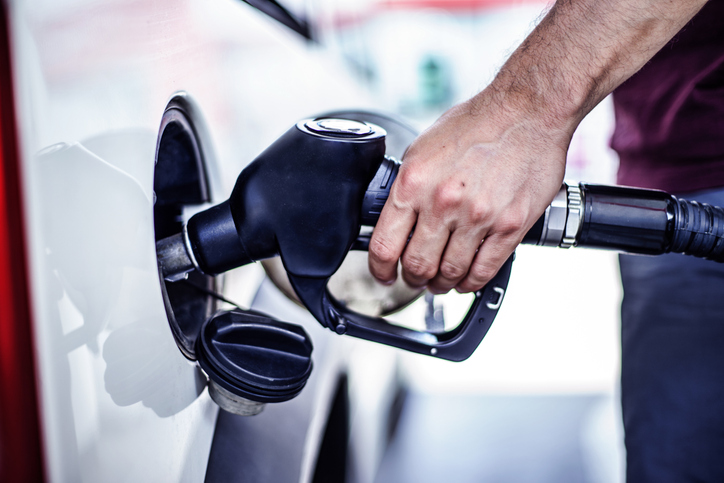
Hybrid
A hybrid van usually has an electric powertrain with a diesel engine which acts as an onboard generator to charge the batteries. The engine only has this single function; it has no connection to the wheels.
Pros
- As a low emission vehicle, the van can access inner city low or zero emission zones
- With plug-in hybrids, the batteries can also be charged by being plugged into a mains supply, reducing reliance on the engine for charging
- Diesel fuel consumption is much lower than a van with a conventional engine
- Seen as a ‘green solution’ for fleets wanting to be seen to be adopting a low emission policy
- Usually eligible for government ‘plug in’ financial incentives
Cons
- Expensive compared to vans with a conventional engine, and can even be priced higher than a fully electric van
- Very few hybrid vans on the market
- Maintenance costs are likely to be higher due to using both diesel and electric technology
- Hybrid powered vehicles are now being eclipsed in both price and technology by fully electric vans and may become obsolete, leading to poor resale values
Electric
The hot topic in the van world right now. Fully electric vans are just that – there’s no need for any conventional fossil-based fuel.
Pros
- Probably the lowest running costs of all the options available
- A zero emission vehicle, allowing free access to all low and zero emission inner city zones
- Fast charge options available
- Loadspace on most new electric vans is not compromised by batteries, which are usually located under the floor
- No messy refuelling at fuel stations
- Almost silent operation
- Gives fleet operators the ultimate in green credentials
- Vehicle availability is increasing constantly
Cons
- Van payload is usually reduced due to the weight of batteries
- Range is limited and charging will be required en route on longer journeys.
- Charging infrastructure is not as comprehensive as diesel and petrol filling stations
- Initial cost is expensive
Compressed natural gas (CNG)
CNG is a clean fuel and also less expensive than other options. It’s not something we see much here in the UK although it’s in much greater use in Europe, particularly Italy.
There’s one truck maker in particular who sells CNG powered vehicles (unsurprisingly, an Italian one) and in that country the refuelling infrastructure makes the fuel a viable option for cars, trucks and vans.
Elsewhere, unfortunately, operators are reliant on bulk storing their own supplies, meaning vehicles need to return to base to refuel. The lack of refuelling facilities in the UK means van manufacturers have rarely offered vans for sale only for them to be withdrawn from the market.
Liquid petroleum gas (LPG)
LPG has fallen out of favour in recent years in the UK. Around 20 years ago it was the ‘next big thing’ with existing vans having LPG conversions, some manufacturers offering ‘dual fuel’ vehicles that run on either LPG or diesel/petrol, and many fuel stations introducing LPG alongside petrol and diesel.
The main attraction was the cost, which was a fraction of that of the conventional fossil fuels. It is also a cleaner, greener fuel, particularly compared to diesel.
That all sounds good – so what went wrong? What many hadn’t taken into account was the fact that when running on LPG, fuel consumption was substantially increased, reducing the savings made at the pump.
Add to that the weight of an extra fuel tank (and fuel), the added cost when either buying or converting the van, questionable reliability in some instances and the fact that financial support from the government was withdrawn meant it was relatively short lived.
Never say never, though – there are noises being made that fleet and manufacturer interest is being stirred again.
Hydrogen
One to watch for the future, hydrogen fuel cells powering an electric drivetrain are being developed rapidly.
Definitely one to keep an eye on...
I started my career selling vans in the mid-eighties, progressing through dealer groups to management level. In 2010 I joined vehicle valuation company CAP, being made responsible for forecasting future used values for all makes and models of vans and trucks, this data being used by leasing companies and manufacturers to assess future risk. This role entailed very early exposure to new models including extensive testing across Europe.
In 2016 I started up my own consultancy business dedicated to the LCV industry. In addition, my freelance written work has been used by a number of clients and I am a regular contributor to WhatVan? magazine. I’m also a judge for their annual ‘Van of the Year’ awards.
To relax, I enjoy travel and walking near my Yorkshire home.

